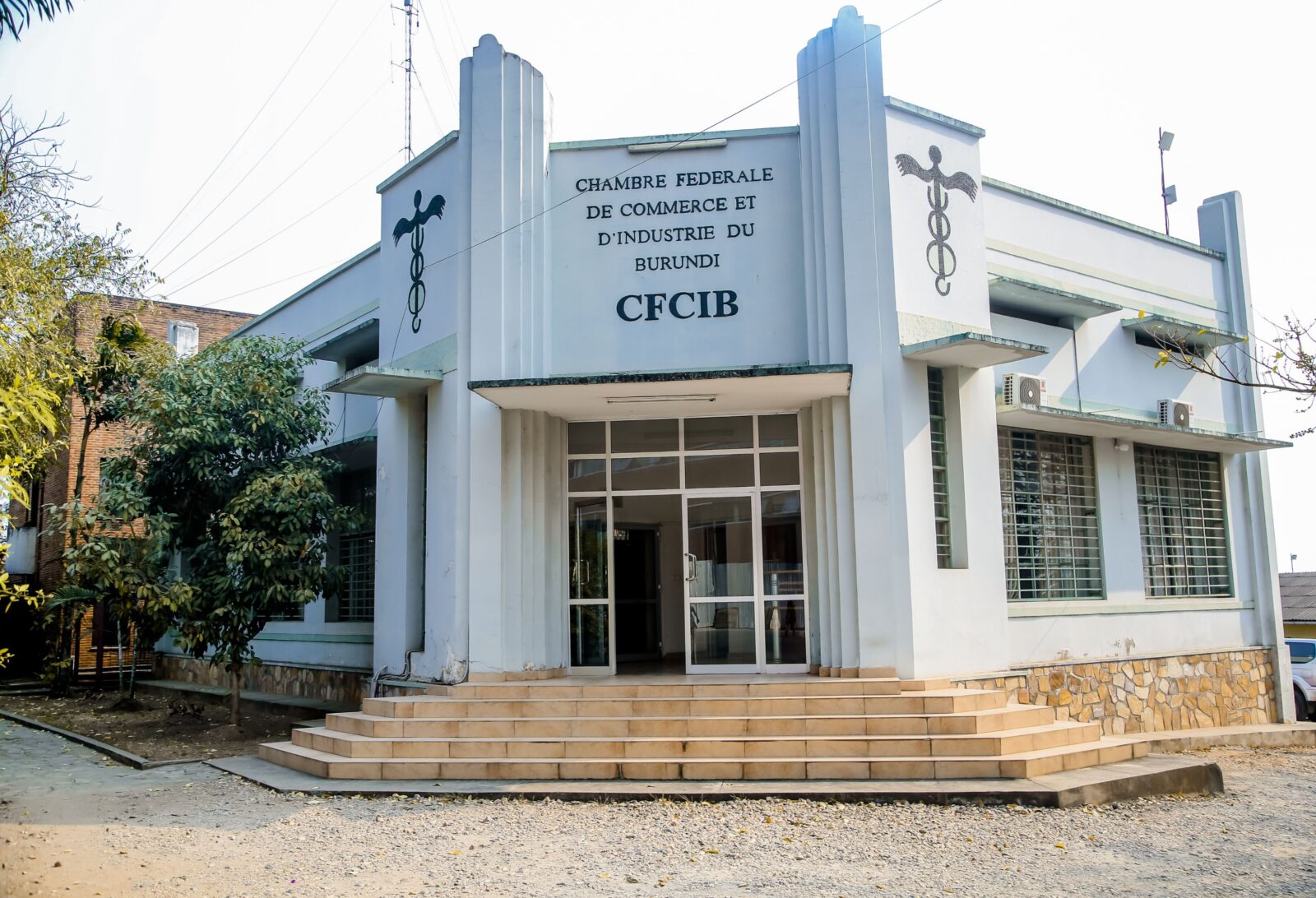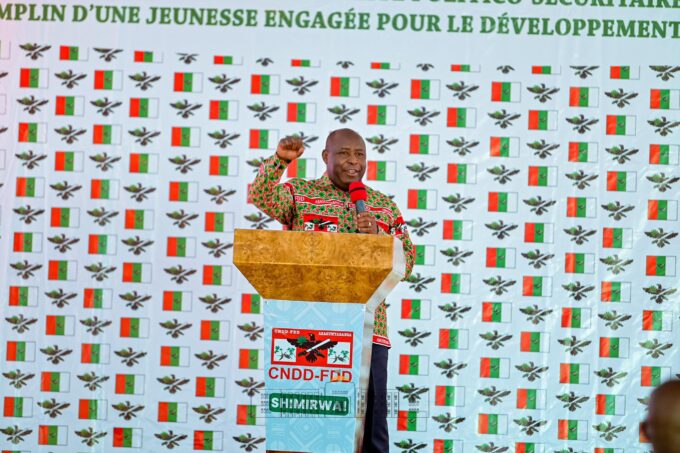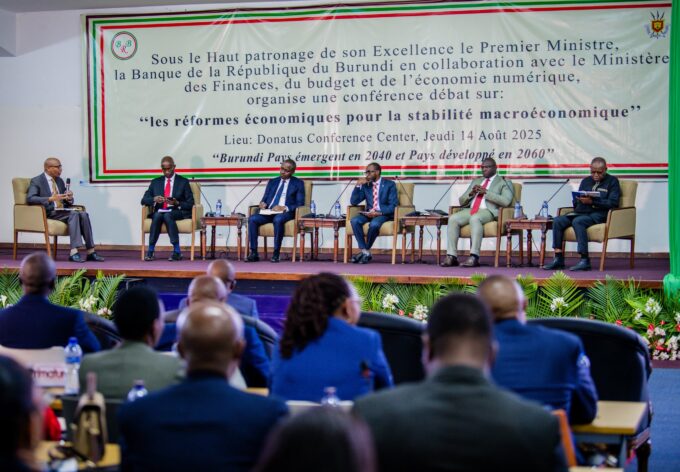The private sector in Burundi is grappling with multiple challenges that hinder its ability to contribute meaningfully to the country’s economic development, warns Faustin Ndikumana, National Director of the local civil society organization PARCEM.
Speaking to local media after the Federal Chamber of Commerce and Industry of Burundi (CFCIB) elected its new leadership, Ndikumana painted a bleak picture of the current state of the private sector.
“The private sector is currently in distress,” he said, citing low levels of national and foreign investment. “Much of the investment in Burundi is done informally, even though the informal sector accounts for over 70 percent of the economy.”
Despite its central role in economic development, Ndikumana believes the sector lacks the strength to drive real progress. He pointed to macroeconomic issues, such as a dual exchange rate system, which results in a significant gap between official and parallel market rates and restricts foreign investors from repatriating profits.
He also criticized the government’s monetary and fiscal policy. “The deficit is being financed by expanding the money supply, which only weakens the economic environment,” he said. On taxation, Ndikumana noted that many investors face what he described as “extremely high fiscal pressure” and instability, discouraging long-term investment.
Additional structural problems include energy shortages, poor infrastructure, fuel scarcity, weak internet connectivity, unfair competition, and corruption in public procurement. Ndikumana argued that all these issues need to be addressed if the private sector is to thrive. He emphasized the role of the CFCIB in advocating for reforms, but criticized the institution’s recent track record.
“CFCIB tends to act like a politicized association, lacking independence and operating under the control of public authorities. This severely limits its advocacy efforts,” he said.
According to Ndikumana, a more effective CFCIB would focus on transmitting the concerns of economic operators to public authorities, helping to create a more favorable environment for the growth of private enterprise.
In outlining their vision for the future, the newly elected CFCIB leadership, headed by re-elected president MP Olivier Suguru, pledged to focus on revitalizing Burundi’s agriculture and mining sectors.
“We want to see more agro-processing industries that can transform local agricultural production during our new three-year term,” Suguru said. He also highlighted tourism as a strategic priority. “The tourism industry will also be one of our top priorities to bring in foreign currency,” he added.








Leave a comment